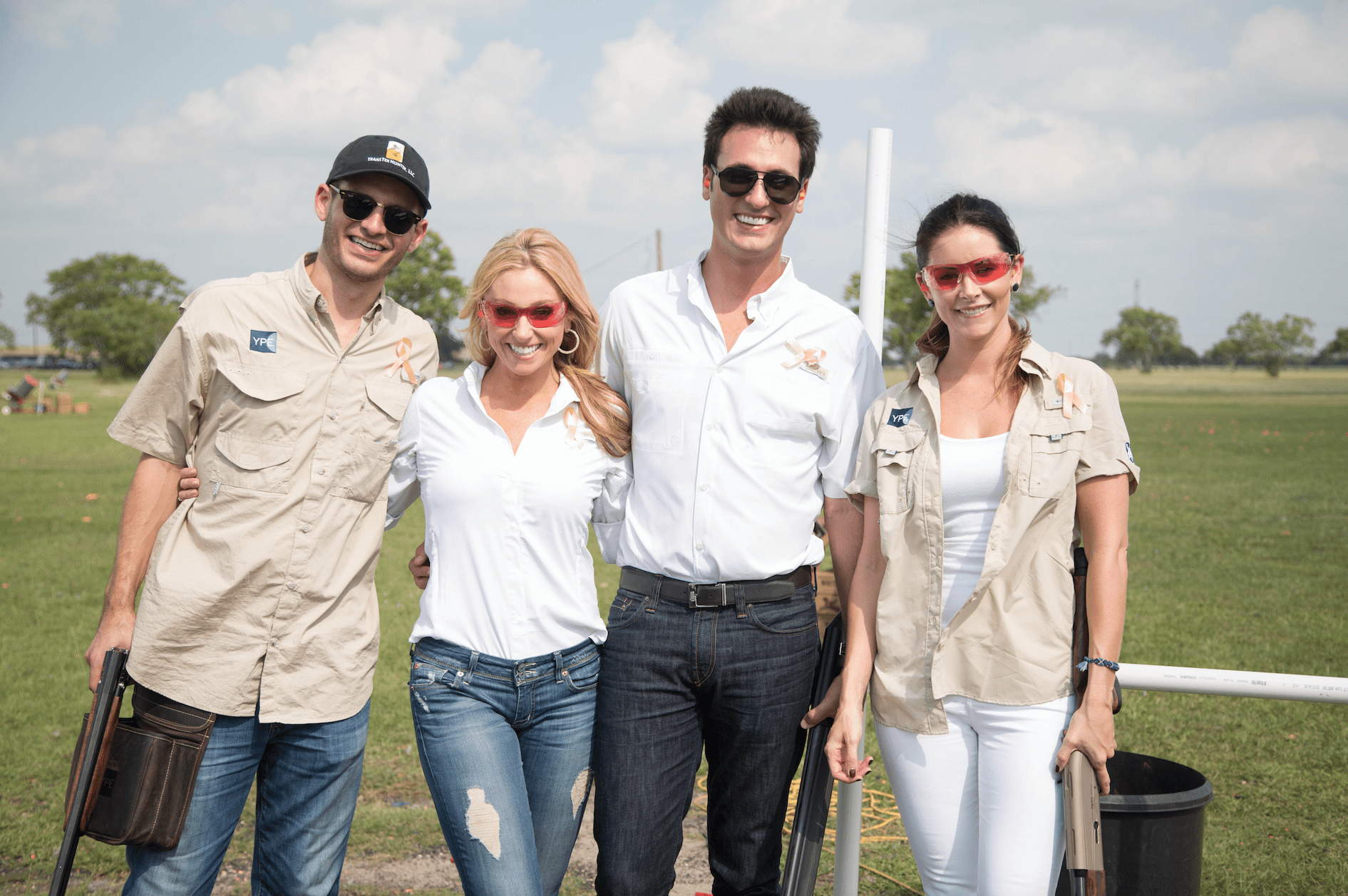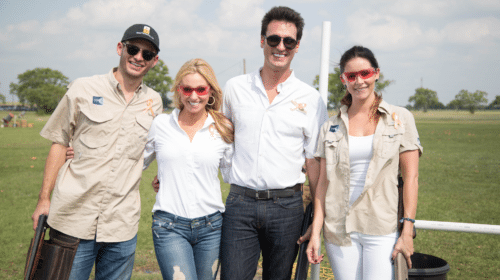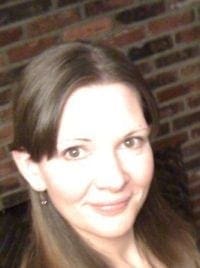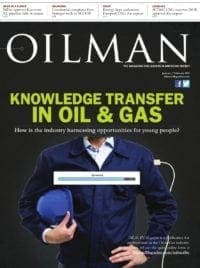There is a lot of hype in the media about a growing ‘crisis’ in the oil and gas workforce. Depending on who you talk to and the sector you look at, the median age in the oil and gas workforce is anywhere from 45 to 60, and many sources say more than half of the industry’s workers will be at retirement age by 2018.
Further statistics point to a gap in the available workforce to fill the jobs that are soon to be vacated, and industry representatives express concern that the U.S. workforce will not have the skills needed to fill the jobs that the expanding oil and gas industry is creating. The greatest fear seems to rest in the potential loss of an extensive wealth of knowledge as workers with 30 or 40 years of experience exit the industry.
How the industry is negotiating the cultural differences between generations to accomplish critical knowledge transfer ultimately will define the oil and gas industry for decades.
Young Professionals in Perspective
For the past decade, the not-for-profit group Young Professionals in Energy (YPE) has been providing a necessary forum for harnessing the opportunities for young people in the oil and gas industry and providing a runway for them to move up the knowledge curve to get promotions, take on more responsibility, and eventually run companies of their own.
Stephen Cravens, executive director of Young Professionals in Energy, explains that this forum “allows the torch to be passed so this knowledge transfer can actually take place and experience doesn’t just wear off into the ether once the older generation retires.”
YPE has more than 40,000 members worldwide and offers networking and career development through social, educational, and civic service opportunities in order to facilitate the advancement of young professionals in the global energy industry.
Cravens, founder and CEO of Sutton Hill Co., co-founded YPE in 2005 with Michael Teplitsky, a vice president at Wynnchurch Capital.
Cravens said that YPE’s events-focused mission fills a couple of gaps for the industry that existed in the early 2000s.
“Before YPE was formed, the special interest groups, whether that be [The Society of Petroleum Engineers] or the [American Association of Professional Landmen], focused on their own niche,” Cravens said. “The reason that YPE has taken off is that it allows our members to really get exceedingly competitive in their fields.”
YPE, he explains, opens up the opportunity for landmen to interact with investment bankers, private equity investors to interact with geologists, and so on.
“That allows them to quickly advance up the knowledge curve so that we can more quickly fill the generation gap that is endemic in our industry and that has been so well publicized,” Cravens said.
With its decade of service to young people, YPE has done more than just provide advancement – it’s helping build executives and entrepreneurs, according to Cravens.
In a cross section of YPE’s 40,000 members, there are a significant number of entrepreneurs in any segment you want to identify, he added.
“Junior professionals who started coming around in 2005 and 2006 have been a part of all these new plays that have sprung up around North America,” Cravens said. “The growth in the industry right now and the growth in these geographic areas that this is taking place are less than ten years old, so you take a 35-year-old geologist YPE member, and he or she may be as knowledgeable in a particular play as somebody who is 60 years old.”
The way this reality has manifested itself in the industry, he noted, is that YPE members, who are executives or partners at private equity firms, are actually making the decisions to acquire companies, own them, and grow them.
YPE’s ability to grow over the years has been directly linked to its location in Houston, according to Cravens. The organization’s membership originates from the many energy firms located in the region and radiates across the globe from there.
“They may go from Houston to London, Houston to Africa, Houston to South America, Houston to Calgary, and it’s like they have a void once they get to these new places that can really only be filled by the networking that YPE provides,” Cravens said. “So they will move down to Mexico City or they’ll be in London, and they’ll say, ‘I need YPE in this city.’ Part of my function is to empower and set up these leaders to have YPE thrive in their city.”
This process of organic growth, he added, has been the result of “just showing our members a good time just in our core areas.”
Craven’s goal for every YPE event is to “tap into something intrinsically or uniquely human, which is to provide an exceptional networking experience by instilling a sense of comfort and community that they can’t get anywhere else.”
“A job in the energy industry usually means doing something very technical or specialized in a city that may not be where Business Insider says is the top five cities where college graduates want to move to,” he said. “The people who self-select into this industry do it because they love the industry, and it’s almost like they want to be successful in this industry above a lot of the other factors that maybe go into the decision making of a millennial.”
YPE is trying to access this group of people who want to establish connections and move up the learning curve in the energy industry, but may also experience certain barriers in the process.
“Maybe they have anxiety around walking into a business where they don’t know anyone or walking into a crowded venue when they don’t know anyone,” Cravens said. “YPE has been successful because it can grease those skids and for the first few minutes for a new attendee to a YPE event, make that person feel exceedingly comfortable to where they can then meet more people.”
The result, he explained, becomes cyclical, as members become advocates for the organization.
“We’ve really tapped into what their core passions are, which is to network, and we’ve provided an acceptable environment for 20-somethings to talk business,” he said.
In addition, YPE focuses on empowering its membership.
“The industry is evolving in terms of more training and making the office environment more pleasant for millennials – there’s healthy snacks and wellness programs, etc., but for the longest time, the energy norms were such that you sat in a dark office and you were just expected to do your work,” Cravens said. “While that was how you paid your dues over the years, what YPE then allows is for people to come out of that cave and come to an event where people actually are asking you what kind of work you do.”
A simple expression of interest, he added, empowers young people to be more interested in their work.
“When you go out with your friends who don’t work in the industry, they don’t really understand the technical aspects of oil and gas and they’re not really going to be digging into what you do,” Cravens said. “YPE provides an environment in which people curiously and with a lot of listening bandwidth ask you what you do.”
This external stimulus provides a “blanket of empowerment” that allows young professionals to be bolder with a boss, ask for more responsibility, talk to a competitor, or consider different roles within their organizations, he said.
Advice for Young Professionals
Craven believes that young professionals can take specific, aggressive action to demonstrate their interest in moving up the knowledge curve in the oil and gas industry.
“My recommendation to these people is to contact the companies directly and lead in with the clear concise statement that they are willing to move to Oklahoma City or Houston or Calgary,” he said. “Those locations are not part of the natural flow of where top-tier or high achieving college graduates naturally go after college.”
He suggested that parents of high school students consider the value of moving to Oklahoma City or spending two to three years in Houston, for example.
“By letting these firms in energy hubs know that the person is already on the ground in Houston or ready to move to Alberta will put them at the head of the pack,” Cravens said.
Advice for CEOs
Cravens said that CEOs can build loyalty and promote long-term interest in oil and gas among younger employees in two ways.
“CEOs should over-communicate with young professionals,” he said. “That is the number one thing they can do to have these people buy into the company and to allow them to sound knowledgeable with their peers about what is going on with the company.”
CEOs also can pay attention to what young people need in their physical environment compared to the generations before them.
“They like to be in an open environment and have more interactions throughout the day than the prior generation of oil and gas professionals does,” he said. “It’s important to promote more informal interactions without disciplines within the organization just because these junior professionals don’t know at 23 or 24 what job role within the company might be their best long-term fit.”
He suggested that CEOs consider spreading their employees out and giving junior employees an opportunity to get exposure to different functions within the company.
“People come out of undergrad or they start their career thinking that jobs in oil and gas are pretty narrow,” he said. “They need to realize that there are these diverse crucial roles within these firms that aren’t widely publicized. Whether you’re the person that markets the production of oil and gas or you review the insurance contracts, there are all kinds of niches within these companies.”
It’s up to the CEOs to create a forum for interactions across functions within the company in order to retain talent for the long run, he said.






















